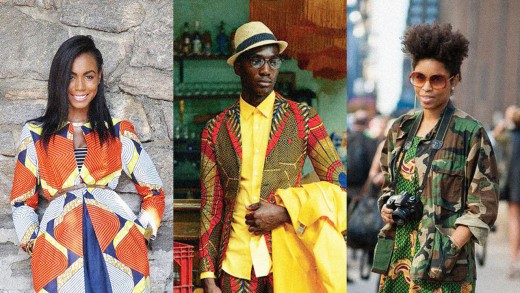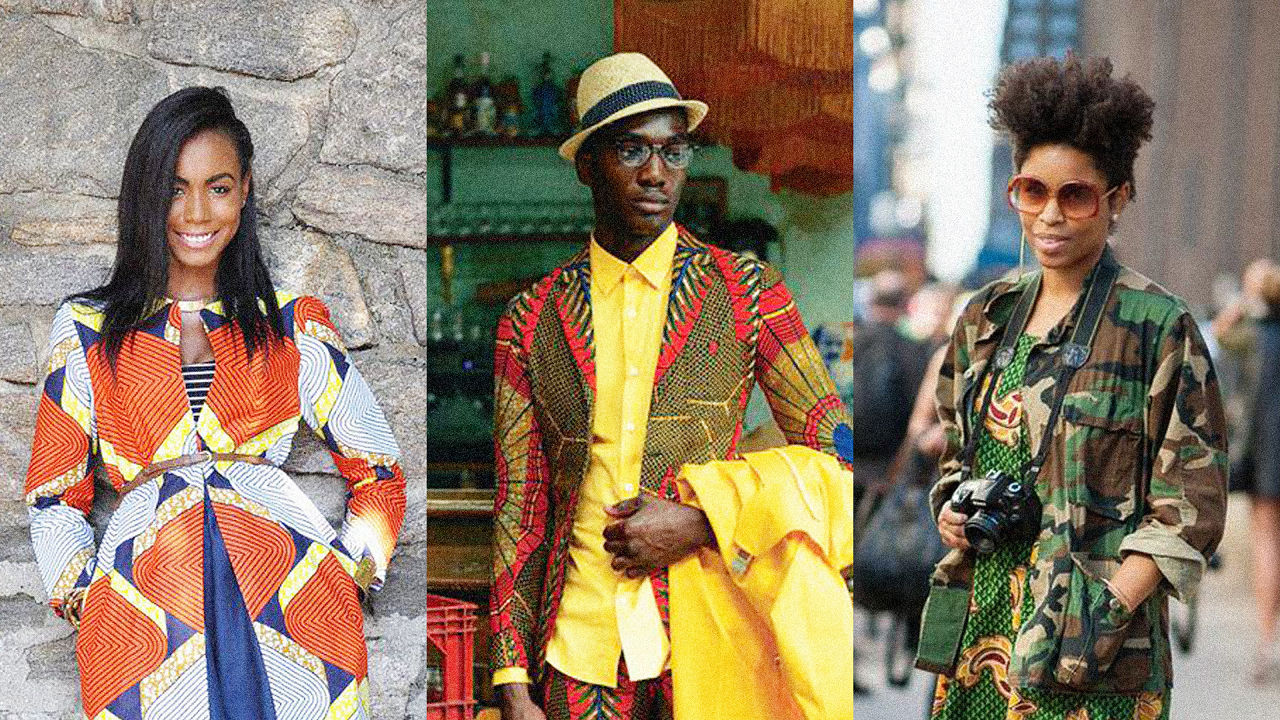These Beautiful Photos Are Fighting Old Stereotypes About Africa
Millions of regular Africans don’t enjoy being generalized as a poverty-stricken, war-torn people—and they are taking to social media to prove it.
Think of Africa, and you might be more likely to think of war or extreme poverty than beach resorts, tech hubs, or the fact that the continent has three female heads of state. But a few months ago, a 17-year-old girl from Ghana launched a new Twitter campaign to help change skewed international perceptions.
Since it started, #TheAfricaTheMediaNeverShowsYou has gathered tens of thousands of tweets and posts on Instagram. It’s also the perfect antidote to Taylor Swift’s newest video, Wildest Dreams, which showcases every African stereotype imaginable.
“I think it can change the way people perceive Africa on a very wide scale,” says Rachel Markham, who started the campaign with a Somali-American friend, Diana Saleh. “These are Africans themselves—abroad and also in the continent—posting pictures they have taken themselves, and experiences as well.”
There are photos of hipster street fashion in Ghana, wind turbines in Kenya, and skyscrapers in Rwanda.
“The responses I have found quite interesting are those who are surprised about the fact that Africa looks this way—developed in aspects like construction and technology,” Markham says.
Mama Hope, a San Francisco-based nonprofit known for its “Stop the Pity” campaigns aimed at reframing how Americans think about Africa, has noticed a recent uptick in messages trying to fight old stereotypes.
“This message is something that’s coming out more now because you see more people in the developing world on social media,” says Katrina Boratko from Mama Hope. “You’ve kind of torn down the barrier.”
The more that Africans see how they’re represented in Western media, the more they want to change it. “I think that’s probably the best thing that could happen—there’s actually becoming an online dialogue directly between the two groups about breaking down the stereotypes,” says Boratko.
Some say it’s just one first step in a bigger movement. “It’s dignifying,” says Kenya-born Agnes Gitau, a director at the East Africa Business Network. “When you see beautiful pictures of places, people, food, that you can relate to being celebrated on social media, it’s incredible. But the benefits are unfortunately short term—there is a need to focus on sustaining this campaign, through education, media training, and getting more and more Africans to tell their stories.”
[Top Photo: @THECAROLDANVER via Twitter]
Fast Company , Read Full Story
(104)



